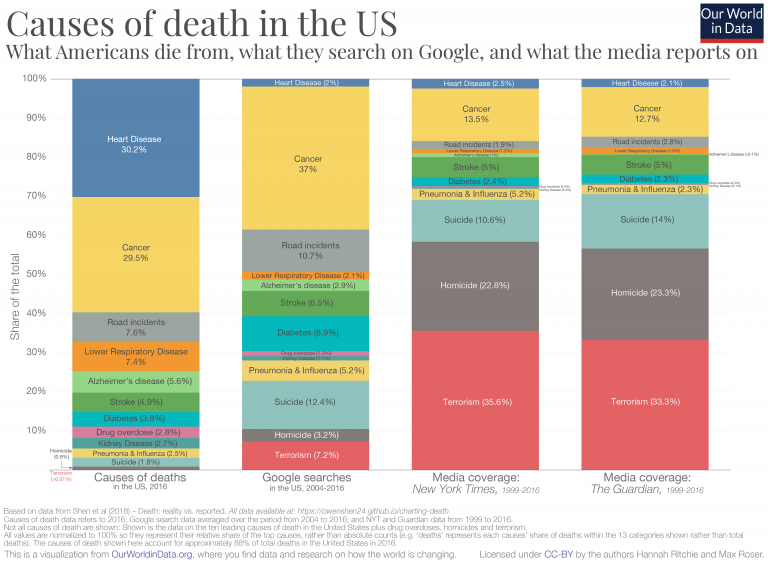Extraire du lithium, c’est juste repeindre le désastre en vert !
Soumission anonyme à MTL Contre-info
Affiche : pdf 11 x 17...
https://mtlcontreinfo.org/extraire-du-lithium-cest-juste-repeindre-le-desastre-en-vert/
Aime la couleur verte, la lumière, l'odeur de la pluie, boire du thé et se perdre dans les ruelles de Montréal🚶♀️
Les photos sont de moi sauf si précisé. 📷
2e compte avec des images seulement :
@bloui
| Lieu | Montréal / Tiohtià:ke |
| Pronoms | Elle/She/Her |
| Sujets préférés | Photographie, arts, environnement, biodiversité |
| Site | https://www.micheledelisle.com |
Extraire du lithium, c’est juste repeindre le désastre en vert !
Soumission anonyme à MTL Contre-info
Affiche : pdf 11 x 17...
https://mtlcontreinfo.org/extraire-du-lithium-cest-juste-repeindre-le-desastre-en-vert/
"Avant de dire au revoir à ses homologues, le bureau du premier ministre du Canada a émis six déclarations communes sur autant de sujets. Aucune d’entre elles ne mentionne l’existence des changements climatiques, et encore moins des actions supplémentaires à prendre pour lutter contre ce problème."
Évidement... ce n'est pas bon pour l'économie 🤷🏻♀️
Finalement pas un mot du G7 sur les changements climatiques - https://www.ledevoir.com/environnement/892360/finalement-pas-mot-g7-changements-climatiques
"Pire, d’ici 2050, le secteur du textile risque de produire pas moins de 25 % des émissions mondiales de gaz à effet de serre si les tendances actuelles de consommation se poursuivent, dont la mode éphémère. « Toutes ces émissions sont produites pour fabriquer des vêtements qui sont de piètre qualité et produits dans des conditions de travail qui sont inacceptables », déplore Amélie Côté."
La quantité de vêtements jetés au Québec a plus que doublé en 10 ans - https://www.ledevoir.com/environnement/892264/quantite-vetements-jetes-quebec-plus-double-10-ans
"C’est une mauvaise nouvelle pour les écosystèmes marins en général, entre autres pour toutes les créatures qui ont un squelette externe ou une coquille: une eau plus acide fragilise ces carapaces, voire les empêche de se former. Les coraux sont également à risque."
La 7e des 9 limites planétaires franchie - https://www.sciencepresse.qc.ca/actualite/2025/06/13/7e-9-limites-planetaires-franchie
Me: It doesn't have a tail, so I'm pretty sure it's a hamster.
Tech support: “sigh”
Fine. Right click on your hamster...
I always find this chart by Hannah Ritchie -- of Our World In Data -- deeply informative of how disjointed is our sense of personal risk
« L’opinion publique québécoise est favorable à ce que le Québec devienne un joueur d'importance dans le domaine de la défense, a affirmé M. Legault dimanche.»
PARDON ?!?
Il y a des politiciens qui entendent des voix.
Et le mois de juillet n'est même pas encore commencé. All is fine 🔥
La saison 2025 des feux de forêt est l’une des pires jamais enregistrées au Canada - https://www.ledevoir.com/environnement/890620/saison-2025-feux-foret-est-pires-jamais-enregistrees-canada
